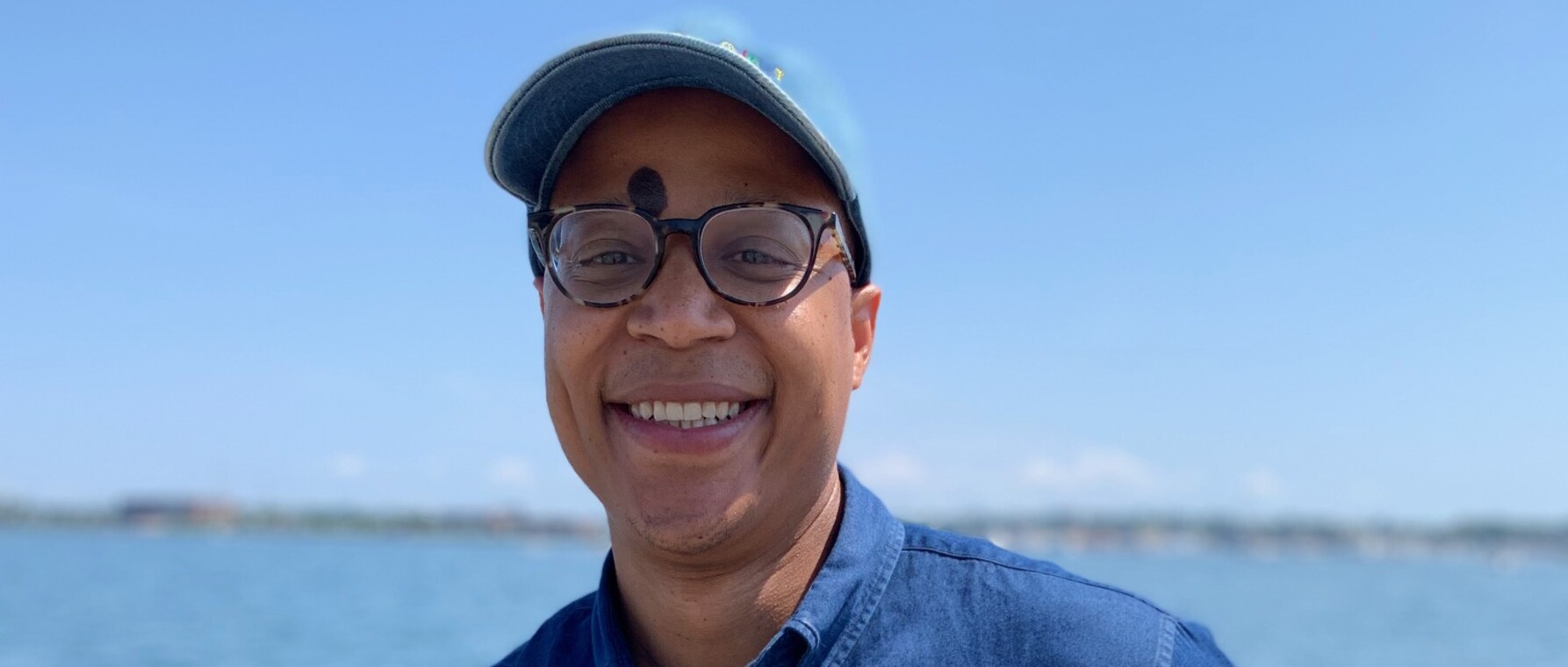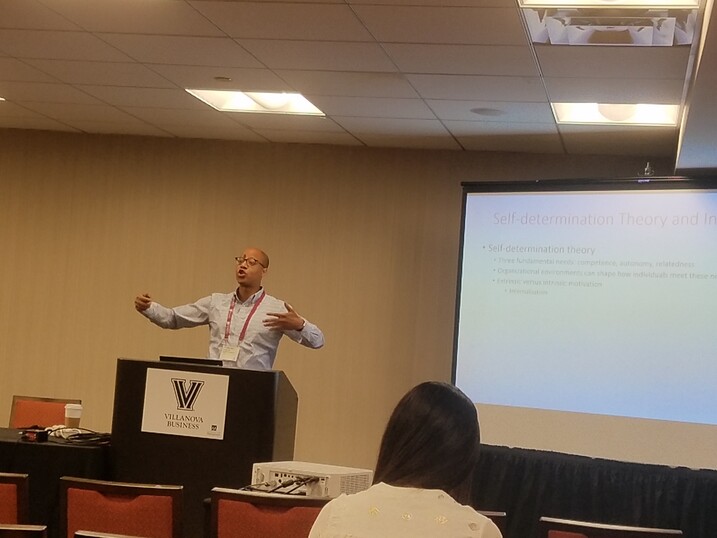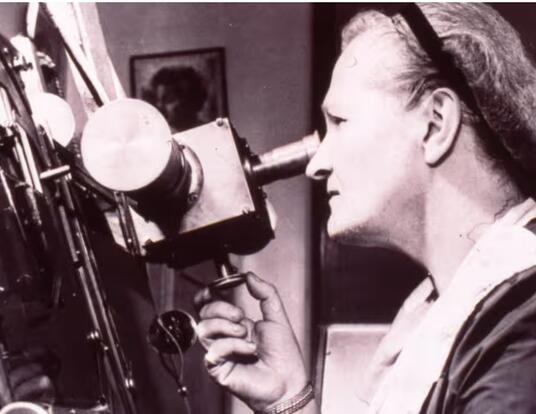Beyond the Binary of Privilege
GSAS Voices: Lumumba Seegars, PhD ’21

Throughout its 150th anniversary year, GSAS is foregrounding the voices of some of its most remarkable alumni and students as they speak about their work, its impact, and their experiences at the School.
Lumumba Seegars is an assistant professor of business administration in the Organizational Behavior Unit at Harvard Business School, where he teaches the Leadership and Organizational Behavior course in the MBA required curriculum. A graduate both of Harvard College and of GSAS, he talks about his research on identity and change in organizations, deepening our understanding of privilege, and the way that the W. E. B. Du Bois Graduate Society enriched both his personal and academic experience at GSAS.
Exploring the Way Identities Intersect
I study race, gender, and class inequality within organizations. I’m particularly interested in the way these different identities intersect with one another. I’m also concerned with how people who are marginalized because of race, gender, and class identities work with each other to challenge—and sometimes unintentionally reproduce—inequality.
One stream of this work explores the relationships between group members. I may be going into a group that's organized around racial identity, but the members probably have a bunch of other identities that are salient in this context—gender, sexual orientation, class. I look at the ways that people navigate those identities in relationships with each other and with those in power—for instance, when Black people ask white people for resources to challenge racial inequality or when women ask men for support in challenging gender inequality.
I also study the ways that people psychologically respond to change around inequality in the workplace. So, for example, I look at the complexities of implementing a living wage initiative. The effect of the policy change isn’t just material. It impacts status, hierarchy, the way people relate to each other, and family obligations. I study the unintended consequences of organizational initiatives aimed at addressing inequality and what sort of support and strategies might help to manage them.

Beyond the Binary of Privilege
One of the concepts that developed from my dissertation research at GSAS is the idea of latent privilege. When most people think of privilege they go back to Peggy McIntosh’s idea of the invisible knapsack: these things that you hold and all the ways that you don't have to think about your identity and systematic advantage in society. Even though the vast majority of us have both privileged and disadvantaged identities, we often think of privilege as a dichotomy within a particular context: either someone is privileged in a particular situation or they’re not. Think about the meme of being a “Karen”—a white woman who calls the police on Black people, as with the Central Park birdwatching incident in 2020. That’s how we might think of white privilege, for example.
Now think about women coming together in an employee resource group in the tech sector, which is one of the contexts that I study. They are experiencing real harassment, gender subordination, and marginalization. Yet the group I studied revolved mostly around white women. That’s what I call latent racial privilege. It’s relational. Understanding latent racial privilege in this particular context is about understanding white women’s relationship with women of color in a group organized in response to very salient gender subordination, while also being shaped by a racial dynamic privileging a white racial identity. You can imagine dynamics of latent gender privilege in a group for employees of color, or other types of latent privilege depending on whose experiences are being centered within a particular group collectively experiencing marginalization.
Privilege is complicated. There are real power dynamics. But instead of saying, “Oh, you’re privileged, you're not,” we can look at the way that our relationships with each other shape the way that we engage to create a safe space for all marginalized group members.
A Safe Space to Think about Big Questions
When I think of my time at GSAS, I think of the W. E. B. Du Bois Graduate Society and the safe space it created across disciplines where students of color could come together to learn and have fun. That was the basis for so many of my friendships. It just felt like it was a place for me to find community among people who didn't always study what I did but were interested in racial justice and in thinking about intersectionality. The people I met enabled me to see the vastness and universality of the questions I was asking. I loved the Du Bois Society. I spent a lot of time with friends that I met there, and these relationships have been amazing.
Get the Latest Updates
Join Our Newsletter
Subscribe to Colloquy Podcast
Simplecast





